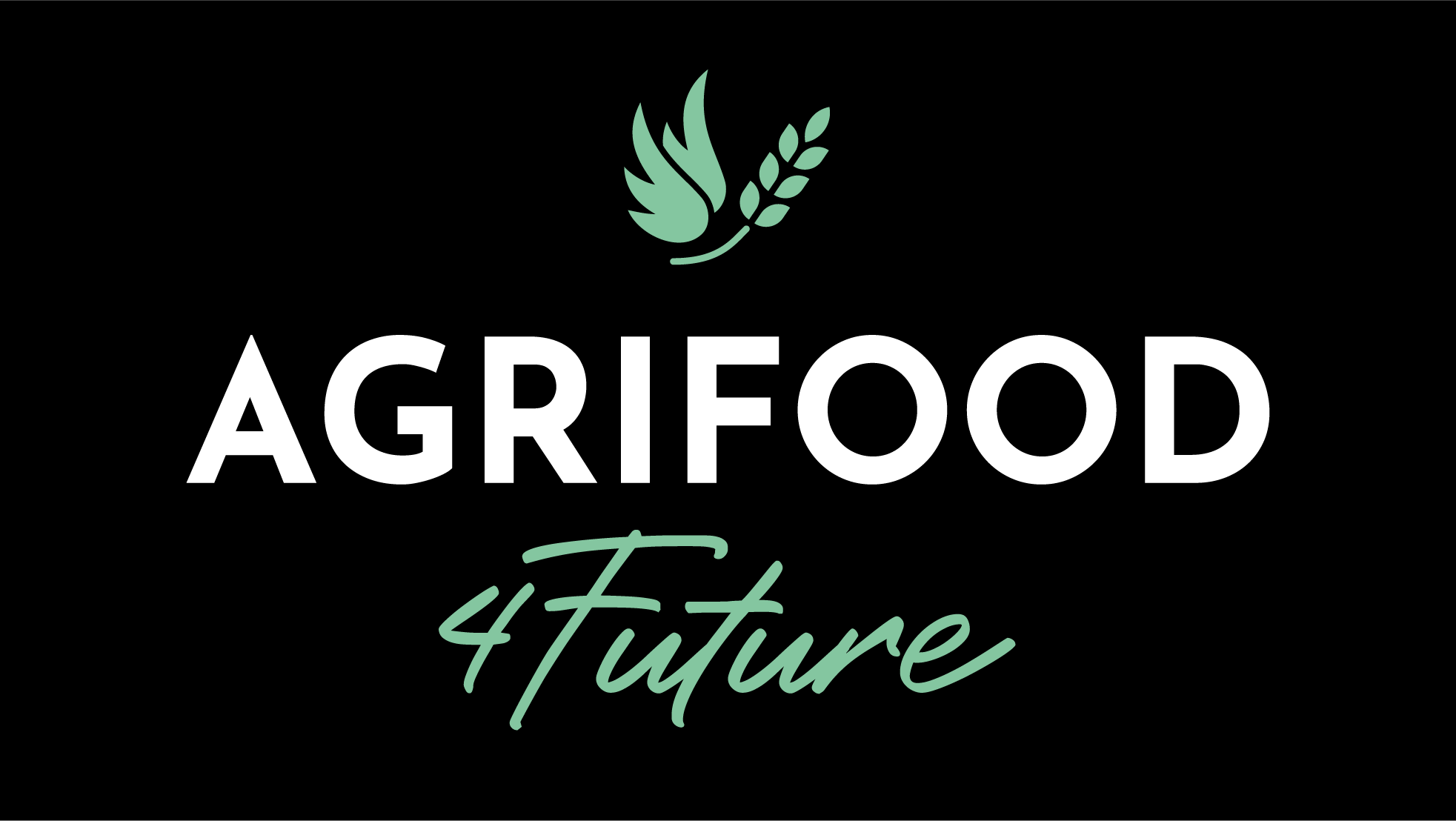Event Types
NewsAbout event
Navigating Tomorrow: Best Practices in Agri-Food Education Across Europe
Navigating Tomorrow: Best Practices in Agri-Food Education Across Europe
The Agrifood4Future project (AF4F) stands as a significant European effort involving an expansive consortium of 23 stakeholders from seven EU countries — Portugal, Spain, France, Belgium, Germany, Italy, and Greece. This initiative is dedicated to contributing sound evidence-based knowledge and actionable strategies to modernize Vocational Education and Training (VET) and Higher Education in the agri-food sector.
The AF4F seeks to align educational frameworks with the rapidly evolving demands of its diversified stakeholders, focusing on four pillars: Digital Transition for enhanced productivity, Green Transition for energy-efficient agriculture, Resilience in food systems, and Business Sustainability through innovative models and resource valorization.
The agri-food sector faces formidable challenges, including rising energy prices, geopolitical instabilities, and the impacts of climate change on agricultural productivity. Combined with a projected global population growth to surpass 9 billion by 2050, there is an urgent need for enhanced agricultural production and sustainability. As a foundational element of the AF4F project, we have conducted a comprehensive analysis of the current state-of-play of VET and Higher Education in the agri-food sector across six countries: Portugal, Spain, France, Belgium, Italy, and Greece.
This analysis, derived from an in-depth questionnaire to 37 key opinion leaders, primarily focuses on educational institutions and innovative clusters/organizations. It sets the stage for transformative educational practices and will shape the forthcoming stages of the AF4F project. This foundational work is pivotal for informing the initiatives in Work Packages 3 and 4, which are devoted to “Cooperation, networking, and partnership building” and “Development of innovative teaching and training programmes in smart farming and sustainable food systems,” respectively.
Comprehensive Analysis: A Deep Dive into Agri-Food Education
This evaluation draws on a detailed assessment, blending direct feedback from industry leaders with an in-depth TOWS examination. The aim is to pivot educational strategies to not only bridge current gaps but also to proactively equip the agri-food workforce for future demands. This approach ensures that educational reforms are not merely reactive but are predictive and innovative, preparing for the impending complexities of agri-food sustainability.
As an example, some of the challenges/ threats, opportunities, weaknesses, and strengths identified in our TOWS analysis include:
- Challenges/ Threats: Technological and Skills Gap, Regulatory and Policy Challenges
- Opportunities: Positive Societal and Market Trends, Interdisciplinary and Innovative Approaches
- Weaknesses: Professional Expertise and Teacher Preparedness, Managerial and Language Barriers
- Strengths: Industry Connections and Reputation, Technological and Research Capabilities
The table below further illustrates the TOWS matrix, showcasing how we moved from a static analysis toward a set of actionable strategies.

Adapting Education to Meet Sector Challenges
In aligning with EU policy frameworks such as the European Green Deal, the ‘Farm to Fork’ Strategy, and the EU Biodiversity Strategy for 2030, our initiative advocates for a holistic educational revamp. The goal is to fortify the sector’s resilience by embedding advanced digital and green skills within the curricula, thereby enhancing the sector’s capacity to address both immediate challenges and longer-term sustainability goals.
Future-Proofing Agri-Food Education
Our insights suggest several strategic directions:
- Robust Industry-Education Collaborations: Fostering partnerships that extend practical learning beyond traditional classroom settings.
- Empowerment through Digital and Green Skills: Prioritizing skills that will define the future of sustainable agriculture.
- Innovative Learning Environments: Adapting teaching methods to include online and blended learning, ensuring broader accessibility and engagement.
- Interdisciplinary Approaches: Encouraging collaborative projects that integrate environmental, technological, and social perspectives.
A Call to Reflection and Action
This comprehensive report unfolds a series of actionable insights for stakeholders across the value chain in these times of unprecedented environmental and technological challenges. Taking time to reassess educational frameworks, processes, and alignment with both EU and global priorities is crucial not just for business sustainability, but also for societal resilience. You can access the full report and learn more about the European Commission’s AF4F CoVEs project initiatives here.
With these targeted strategies, the Agrifood4Future project not only aims to address the immediate educational needs but also sets a foundation for enduring adaptability and growth within the agri-food sector.
Bernardo Aguiar and Vagner Pinto Morais, BGT Consulting Group – An AF4F Consortium Participant

